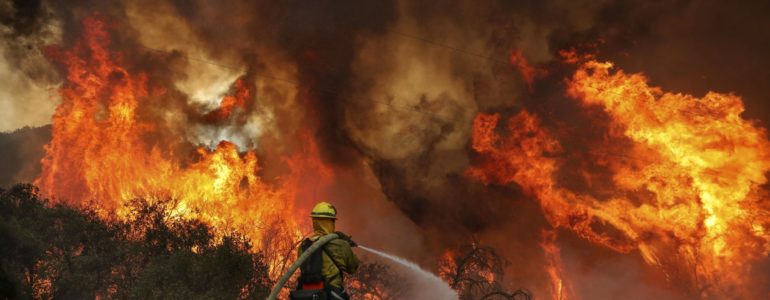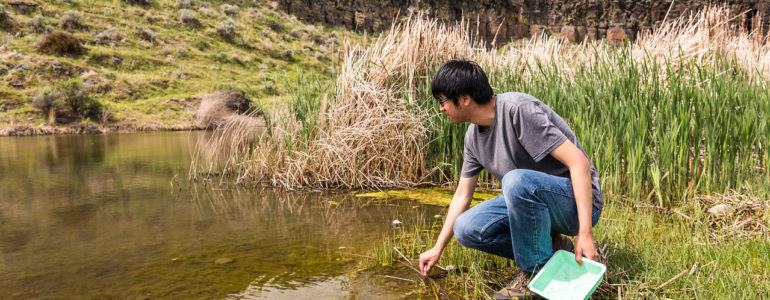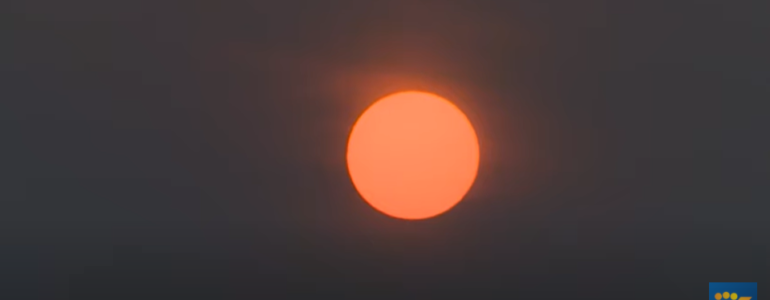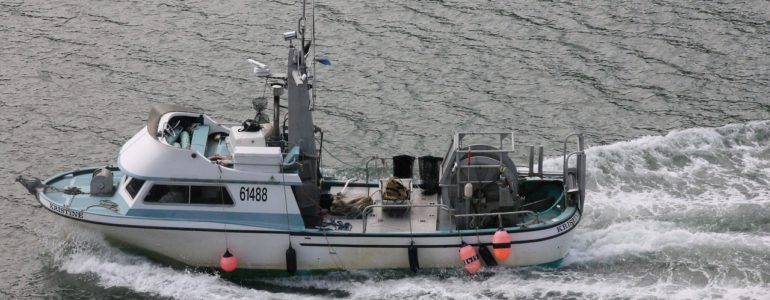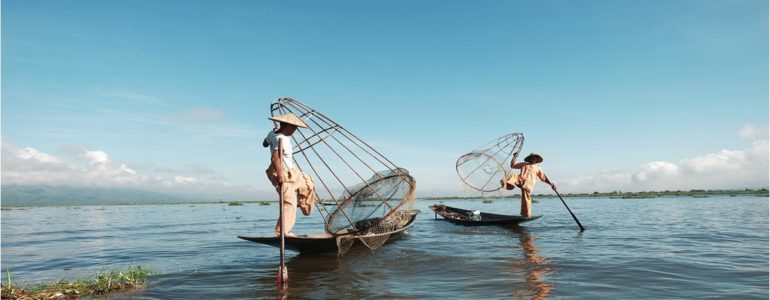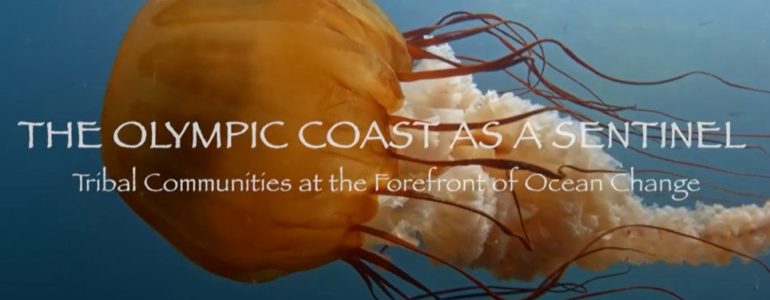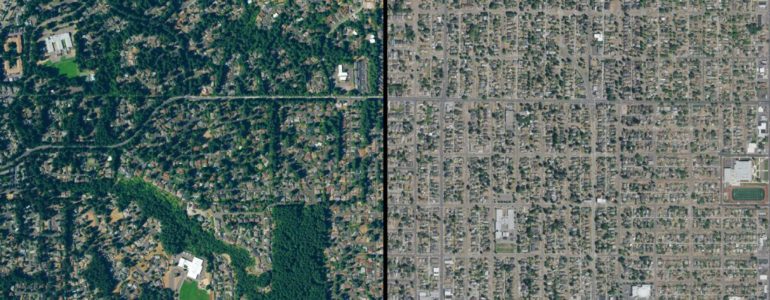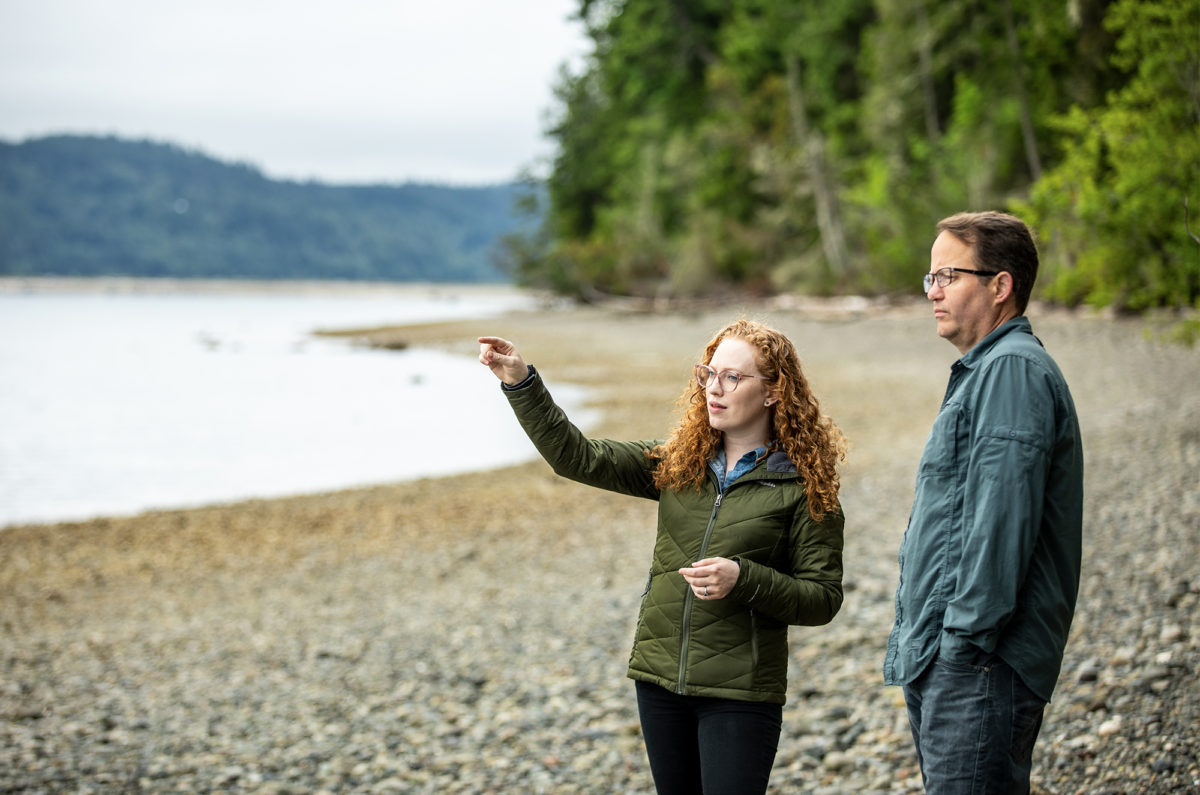EarthLab News
As Wildfire Smoke Clears, King County’s Airport Communities Continue Fight for Clean Air
The EarthLab Innovation Grants is funding a study that will rely on drones to measure the effect of vegetation on ultrafine particles. Researchers hope the study will offer insight on the role of urban planning programs that use greenery to mitigate particulate air pollution.
Read moreWe Need Unity and a Multifaceted Approach to West's Wildfires
Crystal Raymond Ph.D. is a climate adaptation specialist with the Climate Impacts Group at the University of Washington EarthLab. She has conducted research on fire science and climate change for more than 15 years.
Read moreFuture Rivers Graduate Trainee Program Information Session
Dr. Gordon Holtgrieve, Program Director and Athena Bertolino, Program Manager will present details on the Future Rivers program and answer questions. The team invites any interested students, faculty, or advisors to join them virtually. The online session will be recorded and distributed to registrants who are unable to attend live.
Read moreBlack scientists call out racism in the field and counter it
University of Washington ecologist Christopher Schell was quoted in this story from Associated Press. Chris Schell is a recipient of an EarthLab Innovation Grant.
Read moreClimate Impacts Group Scientists Tapped for Expertise on West Coast Climate Fires
As multiple fires on the West Coast devastate towns and fill the air with toxic smoke, people are looking for answers. Multiple regional news outlets have relied on experts from the Climate Impacts Group to provide clarity into the current situation and hope for the future.
Read moreA “Green New Deal” for the oceans must prioritize social justice beyond infrastructure
“A green new deal for the oceans must prioritize social justice beyond infrastructure” adds to a recently published peer-reviewed article which declares that oceans are largely absent or separate from the policy proposals listed in the GND. The timely paper published by Dundas et al. (2020) argues the importance of extending the values and proposed strategies of the GND to the oceans, including investing in infrastructure, renewable energy, food security, and habitat restoration.
Read moreNew “Blue Paper” highlights “once-in-a-generation” opportunity to transform our relationship with the ocean
The relationships between human societies and oceans are diverse and complex. Stand on any coastline in the world and stare out at the waters; listen to the crashing waves, smell the salty air, and revel in a sense of place and health. Observe teams of people cooperating to bring in a day's harvest or talk to a Tribal member about the history of the ocean sustaining their community. These are only some of the intangible “ocean values” that have contributed to human well-being for millennia. And it turns out, the future of human welfare depends on maintaining this rich diversity of relationships and values with the oceans.
Read more"The Olympic Coast as a Sentinel: Tribal Communities at the Forefront of Ocean Change" Premiers September 24 at the River & Ocean Film Festival
Trailer for “The Olympic Coast as a Sentinel: Tribal Communities at the Forefront of Ocean Change,” produced by Washington Sea Grant in partnership with Hoh Tribe, Makah Tribe, Quileute Tribe, Quinault Indian Nation, Northwest Indian Fisheries Commission, Olympic Coast National Marine Sanctuary, Olympic National Park, NOAA Pacific Marine Environmental Lab, UW Applied Physics Lab, UW Joint Institute for the Study of the Atmosphere and Ocean, and University of Connecticut.
Read moreSystemic racism has consequences for all life in cities
Two EarthLab Innovation Grant principal investigators, Christopher Schell and Cleo Woelfle-Erskine, co-authored a new paper to show the scientific community that fundamental practices in science are based on systems that support white supremacy and perpetuate systemic racism. This article was originally published in UW News.
Read moreEarthLab Innovation Grant project selected as a finalist for a "Science Breakthrough of the Year" award at Falling Walls 2020
We are pleased to share that one of our inaugural Innovation Grant projects was selected as a finalist for a "Science Breakthrough of the Year" award by the Falling Walls Conference, an annual world forum for leaders across sectors and disciplines to come together to discuss pressing global challenges and answer the question, "Which are the next walls to fall in science and society?"
Read more
